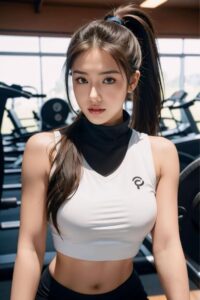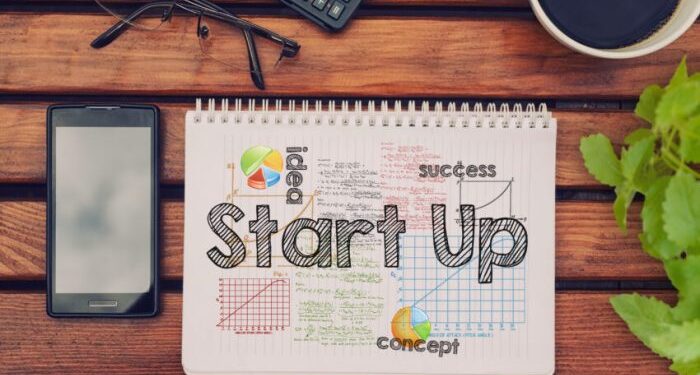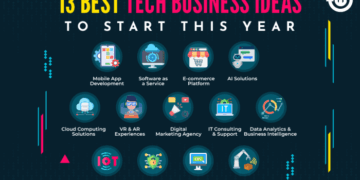Embark on a journey through the world of AI-Powered Faces That Celebrate Global Beauty, where technology meets inclusivity and representation in the beauty industry. Discover how AI is reshaping beauty standards worldwide and breaking stereotypes along the way.
Importance of AI-Powered Faces in Celebrating Global Beauty
AI technology plays a crucial role in showcasing diverse beauty standards from around the world. By utilizing machine learning algorithms, AI-powered faces can accurately represent a wide range of ethnicities, skin tones, facial features, and beauty trends, promoting inclusivity and representation in the beauty industry.
Promoting Inclusivity and Representation
AI-powered faces have the ability to celebrate beauty beyond traditional standards, embracing unique characteristics and cultural diversity. For example, AI can generate virtual models with different skin colors, body shapes, and facial features to reflect the beauty of various communities worldwide.
This promotes inclusivity by ensuring that everyone feels represented and valued in the beauty industry.
Breaking Stereotypes and Promoting Cultural Diversity
AI-generated global beauty content has the power to challenge stereotypes and misconceptions by showcasing the beauty of underrepresented groups. By highlighting the diverse beauty standards existing globally, AI technology helps to break down barriers and foster a more inclusive and accepting society.
Moreover, AI-powered faces can inspire individuals to embrace their unique features and cultural heritage, leading to a more positive self-image and sense of identity.
Challenges and Ethical Considerations of AI-Powered Faces
AI-powered faces bring about various challenges and ethical considerations that need to be carefully addressed in order to ensure fairness, accuracy, and respect for diversity.
Potential Biases in Defining Global Beauty Standards
AI algorithms, if not properly trained and tested, can introduce biases in defining global beauty standards. These biases may stem from the dataset used to train the AI, which could lack diversity or represent a narrow set of beauty ideals.
As a result, the AI may unintentionally reinforce stereotypes or favor certain characteristics over others, leading to skewed beauty standards.
Ethical Implications of Manipulating Facial Features
Using AI to manipulate or enhance facial features to fit specific beauty ideals raises ethical concerns regarding consent, authenticity, and societal impact. The act of altering an individual's appearance without their permission can infringe on personal autonomy and perpetuate unrealistic beauty standards.
Furthermore, such manipulation may contribute to a culture of body dissatisfaction and low self-esteem among individuals striving to meet these artificial beauty ideals.
Ensuring Accuracy and Authenticity in Representing Diverse Faces
One of the key challenges in AI-powered faces is ensuring accuracy and authenticity in representing diverse faces. AI algorithms may struggle to accurately capture the nuances and variations present in different ethnicities, ages, and genders, leading to misrepresentations or inaccuracies.
It is crucial to continuously validate and improve AI models to avoid mischaracterizations and promote inclusivity in beauty standards.
Innovation and Technology Behind AI-Powered Faces
AI-powered faces that celebrate global beauty are the result of cutting-edge innovation and technology. The process of training AI models to recognize and appreciate diverse beauty standards involves a combination of machine learning and computer vision techniques.
Training AI Models to Recognize Global Beauty
AI algorithms are trained using vast datasets of facial images from different regions and ethnicities. These datasets help the AI models understand the unique characteristics and features that define beauty in various cultures. By analyzing these datasets, the AI algorithms learn to identify and appreciate the diversity of beauty standards around the world
.
Role of Machine Learning and Computer Vision
Machine learning plays a crucial role in creating realistic AI-generated faces by enabling the algorithms to continuously improve and enhance their recognition capabilities. Computer vision algorithms further enhance this process by enabling AI systems to analyze facial features, skin tones, and other characteristics to generate lifelike representations of individuals from diverse backgrounds.
Analyzing Facial Features to Celebrate Cultural Diversity
AI algorithms can analyze facial features to appreciate and highlight unique characteristics from different cultures. By focusing on features such as eye shapes, skin tones, and facial structures, AI-powered faces can showcase the beauty diversity present across the globe. This technology helps to celebrate cultural differences and promote inclusivity in beauty standards.
Applications and Future Trends of AI-Powered Faces in Beauty Industry

AI technology has opened up a world of possibilities in the beauty industry, allowing brands to personalize products and services like never before. From virtual makeup try-on experiences to enhancing beauty standards and representation, the potential of AI-powered faces is vast and exciting.
Personalized Beauty Products and Services
AI is being leveraged by beauty brands to offer personalized products and services tailored to individual consumers. By analyzing skin tones, facial features, and preferences, AI algorithms can recommend the perfect shade of foundation or lipstick for a diverse range of customers.
For example, companies like L'Oréal and Sephora use AI-powered tools to provide virtual consultations and personalized product recommendations based on skin type and color.
Revolutionizing Virtual Makeup Try-On Experiences
AI-powered faces are transforming the way consumers try on makeup virtually. Through augmented reality technology, users can experiment with different makeup looks in real-time without having to physically apply products. This not only enhances the shopping experience but also allows for a more accurate representation of how a particular makeup product will look on different skin tones and types.
Future Trends in Enhancing Beauty Standards and Representation
As AI technology continues to advance, we can expect to see even more innovative applications in the beauty industry. From AI-generated skincare recommendations to virtual beauty influencers powered by AI, the future holds endless possibilities for enhancing beauty standards and representation on digital platforms.
AI has the potential to create a more inclusive and diverse beauty industry by celebrating global beauty in all its forms.
Final Summary
In conclusion, AI-Powered Faces offer a glimpse into a future where beauty knows no boundaries. From revolutionizing virtual makeup experiences to promoting cultural diversity, the impact of AI in celebrating global beauty is profound and ever-evolving.
Key Questions Answered
What role does AI play in promoting diverse beauty standards?
AI technology helps showcase diverse beauty standards worldwide by analyzing and appreciating unique characteristics from different cultures.
Are there ethical concerns related to AI-Powered Faces?
There are ethical implications regarding potential biases in defining beauty standards and manipulating facial features to fit certain ideals using AI.
How are beauty brands utilizing AI in their products and services?
Beauty brands are leveraging AI to personalize products and services for diverse consumers, enhancing the overall customer experience.
 AI technology has opened up a world of possibilities in the beauty industry, allowing brands to personalize products and services like never before. From virtual makeup try-on experiences to enhancing beauty standards and representation, the potential of AI-powered faces is vast and exciting.
AI technology has opened up a world of possibilities in the beauty industry, allowing brands to personalize products and services like never before. From virtual makeup try-on experiences to enhancing beauty standards and representation, the potential of AI-powered faces is vast and exciting.









